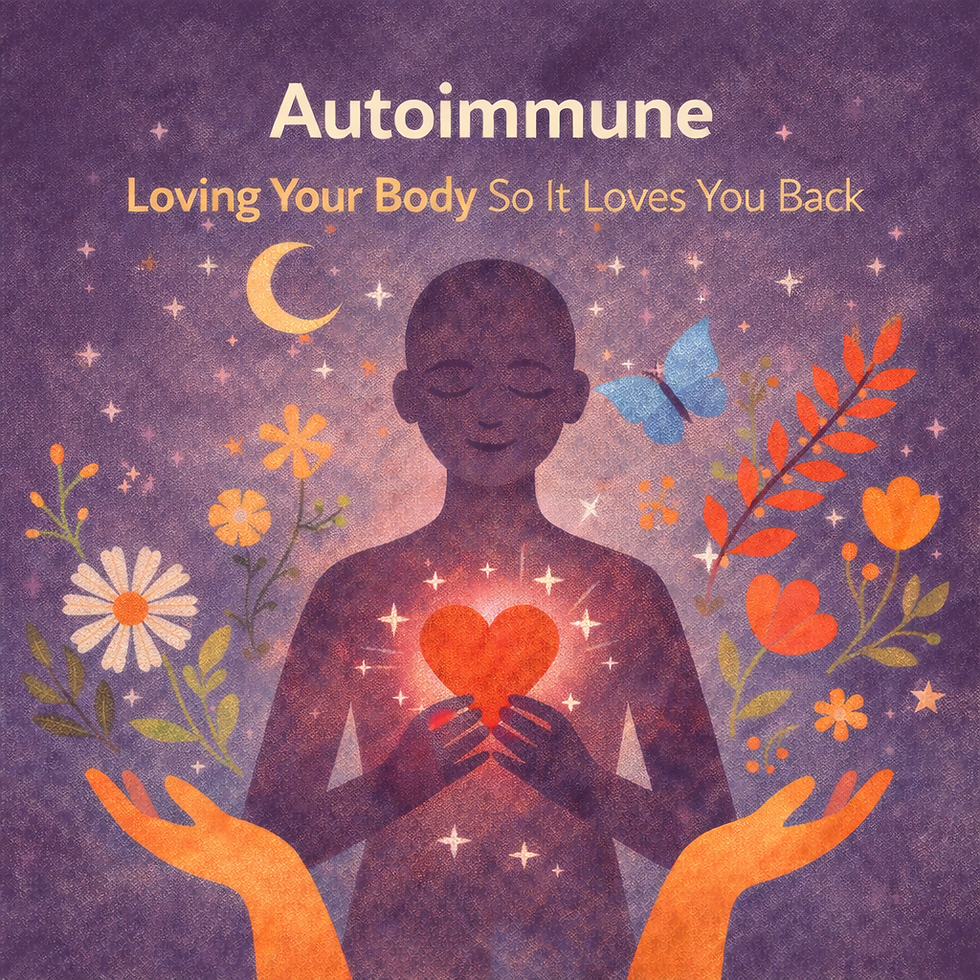TMJ: Why Your Jaw Hurts and What To Do About It
- Dr. Joshua Beaudry
- Jul 21, 2025
- 2 min read

Do you experience jaw pain, headaches, ear pressure, or clicking when you chew? You might be dealing with TMJ disorder, also known as TMD or TMDD—different names, but they all refer to the same dysfunction of the temporomandibular joint.
What is TMJ?
The temporomandibular joint (TMJ) connects your jawbone to your skull, and it’s one of the most used joints in your body. It involves four main components:
Temporal bone
Mandible (jawbone)
Disc (a small piece of cartilage that cushions the joint)
Ligaments (that hold everything together)
When this disc shifts out of place—whether forward, backward, or to the side—it can cause a cascade of symptoms, including:
Jaw pain or stiffness
Clicking or popping when opening the mouth
Locked jaw
Headaches and neck pain
Pain behind the eyes
Facial tension or swelling
Earaches or ringing in the ears
Dizziness
Shoulder tension
Numbness in the arms or fingers
Why It Happens: The Brain Connection
The brainstem and cerebellum play a critical role in TMJ function. If there’s dysfunction in these brain areas, or misalignment in the upper cervical spine (C1 and C2), the jaw can lose its natural coordination and balance. That’s why TMJ issues are not just about the jaw—they’re a neurological and structural problem.
In our office, we evaluate:
Cranial nerve function
Alignment of the skull, upper neck, and jaw
Neurological tone and muscle symmetry
How We Treat TMJ Differently
Instead of just managing symptoms with splints or bite guards, we address the root cause by restoring balance to the nervous system and the joint itself. Our approach includes:
Chiropractic adjustments to realign the jaw, skull, and neck
Laser therapy (photobiomodulation) to stimulate tissue healing
Nutraceutical support using natural anti-inflammatories such as:
Curcumin
Resveratrol
Omega-3s
Dopamine/serotonin precursors (for pain management)
This multi-pronged approach helps reduce inflammation, restore muscle balance, and promote disc regeneration (yes—TMJ discs can regrow since they’re fibrous tissue!).
Surgery? Not Our First Choice
Surgery can sometimes lead to scarring, degeneration, or arthritis. The good news? Most TMJ dysfunctions respond very well to conservative care—especially when the brain and body are working together to reset the joint.
Missed the workshop?
Watch the full session here:
Ready to Address Your Jaw Pain Naturally?
If you’re tired of jaw pain, tension headaches, and popping sounds when you chew—there’s a better way. Our unique neurologically-based approach helps restore harmony to the jaw, brain, and body.
Call us at (303) 770-0605 to schedule your new patient exam in Denver, Colorado.



